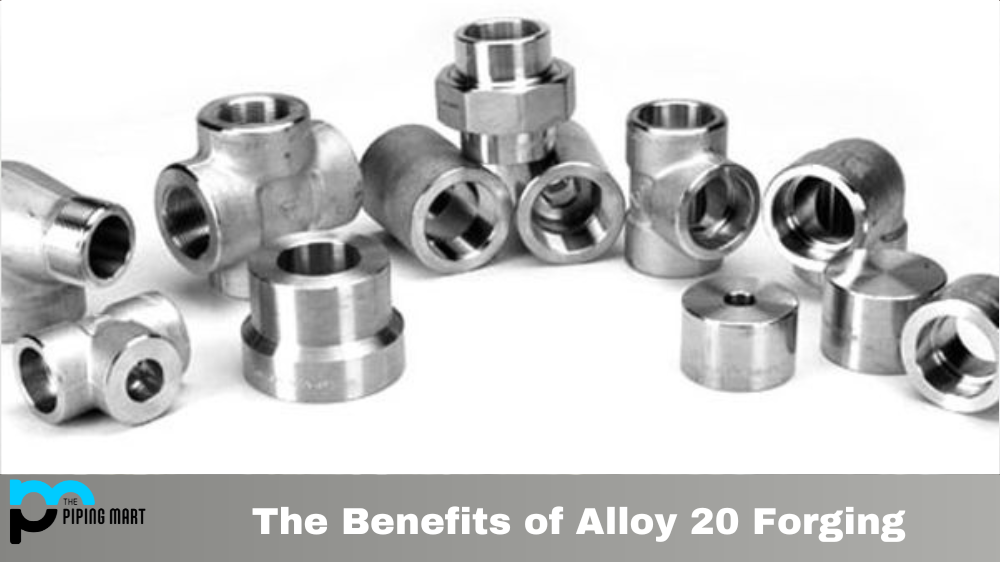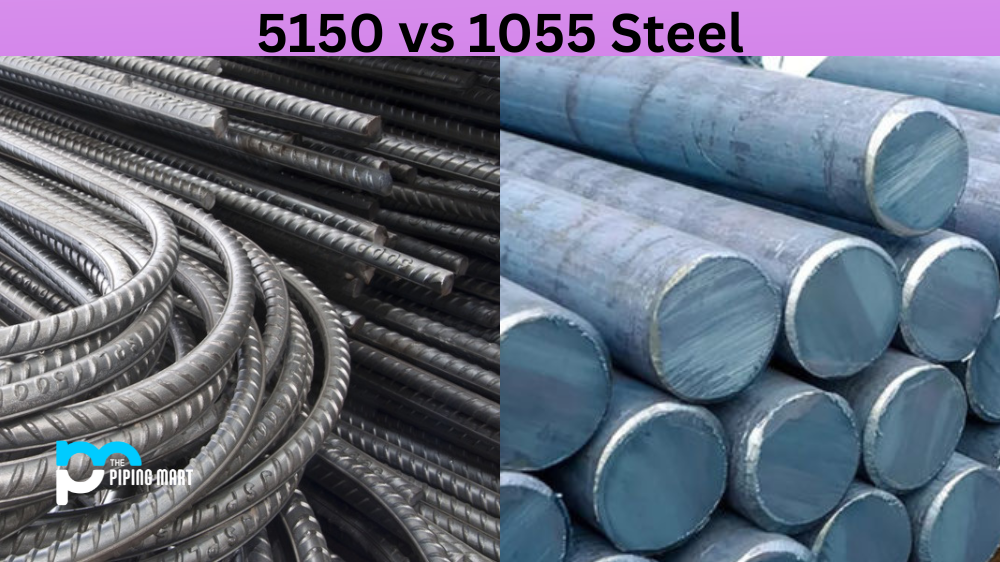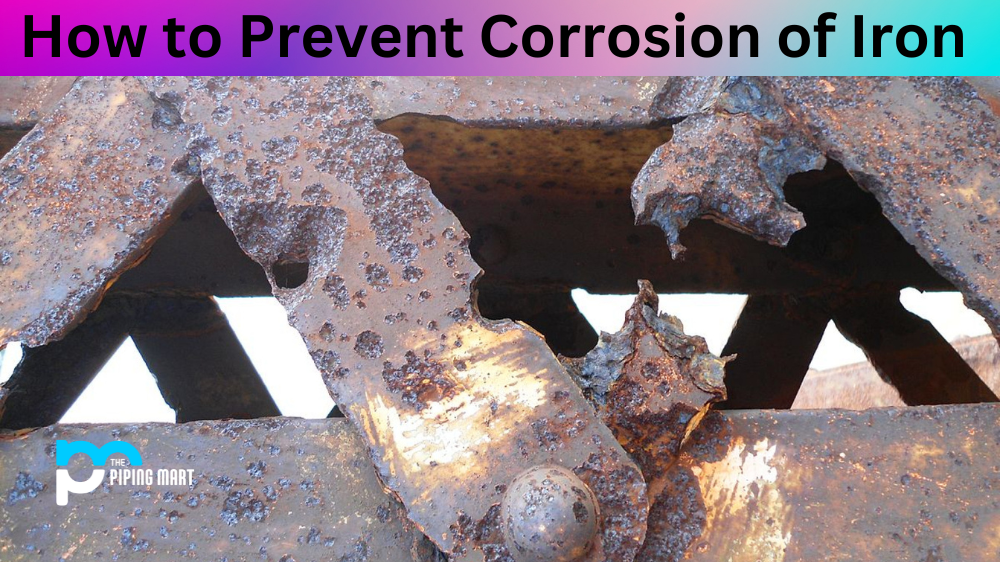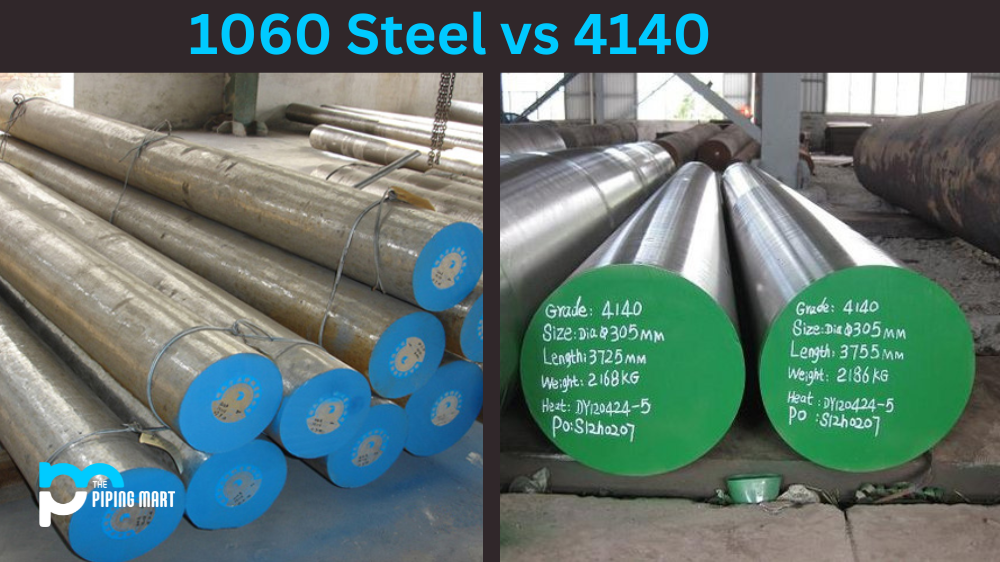Alloy 20 is a stainless steel alloy with a unique combination of properties. It offers excellent corrosion resistance, strength, and toughness. This makes it an ideal choice for many applications, including forging, pipe welding, and ultrasonic velocity testing. Let’s take a closer look at the advantages of using Alloy 20 in these applications.
Alloy 20 Forging Advantages
Alloy 20 is well-suited to forging because it has good hot workability characteristics and maintains its properties up to temperatures of 1000°F (540°C). Forging also helps reduce material costs by reducing wastage. In addition, the process can increase the level of detail that can be achieved in the final product. This makes Alloy 20 forging ideal for use in critical components such as valves and pumps where tight tolerances are needed.
Excellent Corrosion Resistance
Alloy 20 is an austenitic stainless steel that is known for its excellent corrosion resistance. The alloy contains chromium, molybdenum, and nickel, which give it superior resistance to both acidic and alkaline environments. Additionally, the alloy has good resistance to pitting and crevice corrosion.
Good Weldability
Another benefit of Alloy 20 is that it has good weldability. The alloy can be easily welded using both fusion and resistance welding methods. Additionally, the alloy can be welded to itself as well as other austenitic stainless steels.
High Temperature Strength
Alloy 20 also has high temperature strength. The alloy is able to maintain its strength at temperatures up to 2000 degrees Fahrenheit. Additionally, the alloy has good creep resistance, meaning that it will not deform over time when exposed to high temperatures.
Low Thermal Expansion
One of the unique benefits of Alloy 20 is that it has a low thermal expansion coefficient. This means that the alloy will not expand or contract significantly when exposed to changes in temperature. This property makes Alloy 20 ideal for use in applications where thermal expansion could be an issue, such as in heat exchangers or pressure vessels.
Cost-Effective
Finally, Alloy 20 is a cost-effective option when compared to other austenitic stainless steels. The alloy contains less nickel than other similar alloys, which helps to keep costs down. Additionally, the alloy is readily available and does not require special processing techniques, which also helps to keep costs down
Alloy 20 Pipe Welding Advantages
Alloy 20 is also highly suitable for pipe welding because it has excellent weldability. It does not require preheating or post-weld heat treatment and can easily be joined with other stainless steel alloys like 304L or 316L. The welds produced are strong, durable and resistant to corrosion from acids like sulphuric acid and nitric acid. Additionally, Alloy 20’s low carbon content helps prevent warping during welding operations when the pipes are heated.
Excellent Corrosion Resistance
One of the primary advantages of Alloy 20 pipe welding is the material’s excellent corrosion resistance. Alloy 20 is a nickel-chromium-molybdenum alloy that is resistant to both acidic and alkaline environments. This makes it an ideal choice for welding pipes that will be used in corrosive environments.
Good Weldability
Another advantage of Alloy 20 pipe welding is the material’s good weldability. Alloy 20 can be welded using both manual and automatic welding methods. Additionally, the material can be welded using a variety of different filler metals, including stainless steel and nickel-based alloys.
High Temperature Strength
Another advantage of Alloy 20 pipe welding is the material’s high temperature strength. Alloy 20 has a higher melting point than most other materials, making it ideal for welding pipes that will be used in high temperature applications.
Good Machinability
Another advantage of Alloy 20 pipe welding is the material’s good machinability. Alloy 20 can be machined using both conventional and CNC methods. Additionally, the material can be machined using a variety of different cutting tools, including high speed steel and carbide tools.
Economical
Another advantage of Alloy 20 pipe welding is the material’s economical price. Alloy 20 is typically less expensive than other nickel-based alloys, making it a cost-effective choice for many applications
Ultrasonic Velocity Testing Advantages
Ultrasonic velocity testing is a non-destructive testing method used to detect defects in metal components such as castings or forgings made from alloy materials like Alloy 20. By measuring how quickly sound waves travel through the material being tested, any flaws in its structure can be detected quickly and accurately. This allows manufacturers to identify any defects before they become serious problems that could affect the safety or performance of their products.
Increased accuracy
Alloy 20 ultrasonic velocity testing provides increased accuracy over traditional testing methods. This is due to the fact that ultrasonic waves are able to travel through materials at a much higher speed than other types of waves. This means that more data can be collected in a shorter period of time, resulting in more accurate results.
Increased efficiency
Alloy 20 ultrasonic velocity testing is also more efficient than traditional testing methods. This is because the ultrasonic waves used in this type of testing do not require the use of any chemicals or other materials that can be harmful to the environment. Additionally, ultrasonic waves are able to penetrate materials more deeply than other types of waves, meaning that less time is required to test a material for its properties.
Reduced costs
Alloy 20 ultrasonic velocity testing can also help to reduce costs associated with traditional testing methods. This is because ultrasonic waves do not require the use of expensive equipment or chemicals. Additionally, ultrasonic waves are able to penetrate materials more deeply than other types of waves, meaning that less time is required to test a material for its properties.
Increased safety
Alloy 20 ultrasonic velocity testing is also much safer than traditional testing methods. This is because ultrasonic waves do not produce any harmful emissions or waste products. Additionally, ultrasonic waves are not known to cause any health problems in humans or animals.
Increased flexibility
Alloy 20 ultrasonic velocity testing is also much more flexible than traditional testing methods. This is because ultrasonic waves can be used to test a wide variety of materials, including metals, plastics, and composites. Additionally, ultrasonic waves are able to penetrate materials more deeply than other types of waves, meaning that less time is required to test a material for its properties
Conclusion
In conclusion, Alloy 20 offers numerous advantages when used for forging, pipe welding, and ultrasonic velocity testing applications. Its excellent corrosion resistance, strength, and toughness make it an ideal choice for many industries including chemical processing, oil refining and marine engineering. Additionally, its weldability ensures that pipes can be joined together quickly without compromising on quality or durability, while its low carbon content prevents warping during welding operations. Finally, its ability to stand up well to ultrasonic velocity testing means that defects can be identified early on so that necessary repairs can be made before issues arise down the line. Whether you are looking for a material for forging or need something reliable for your pipe welding needs, you should definitely consider using Alloy 20!

Pipingmart is B2B portal specializes in industrial, metal and piping products. Also, share latest information and news related to products, materials and different types grades to help business dealing in this industry.




